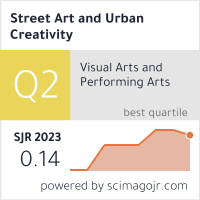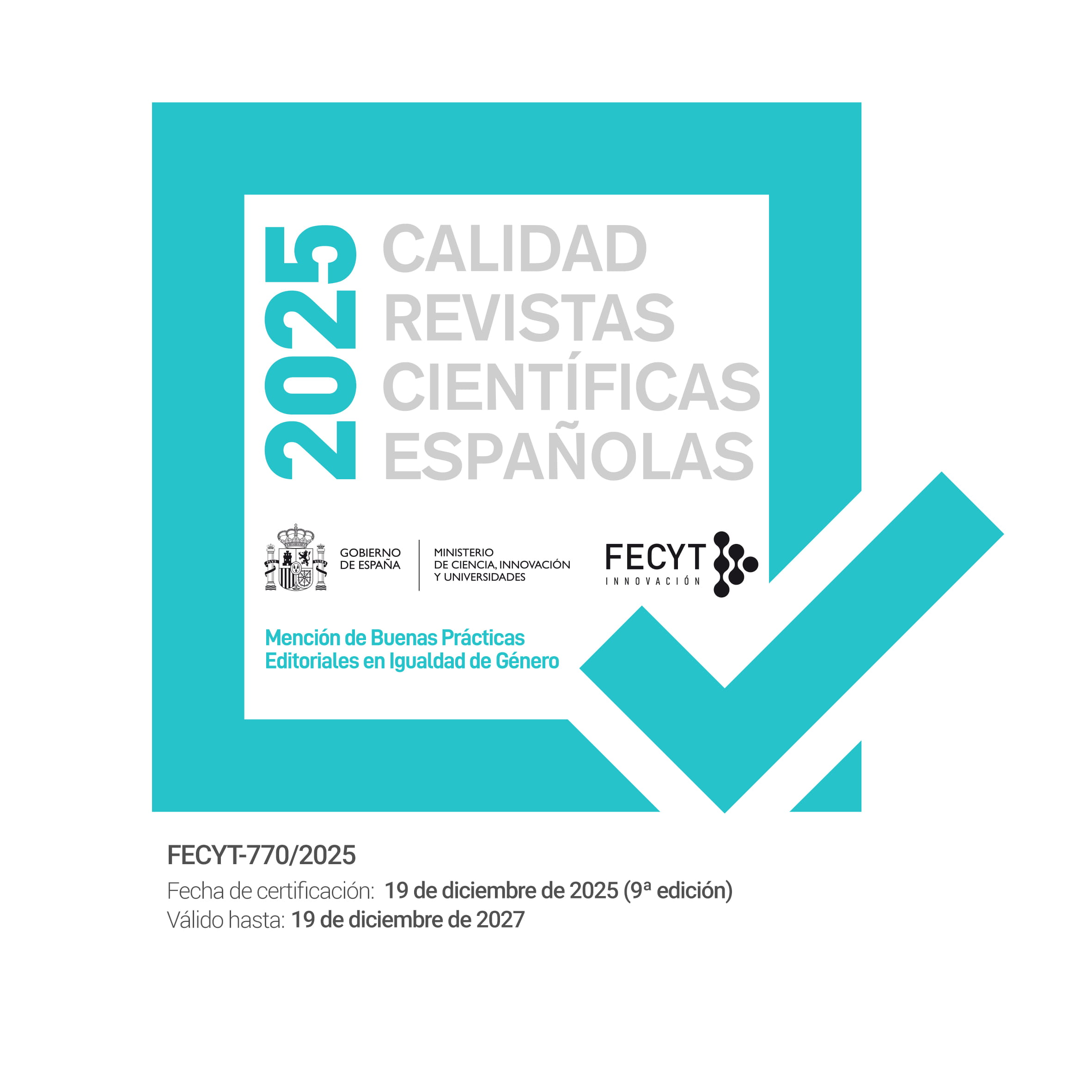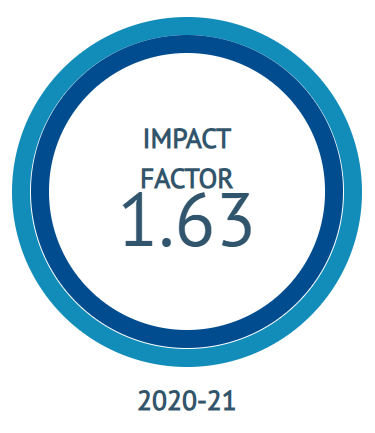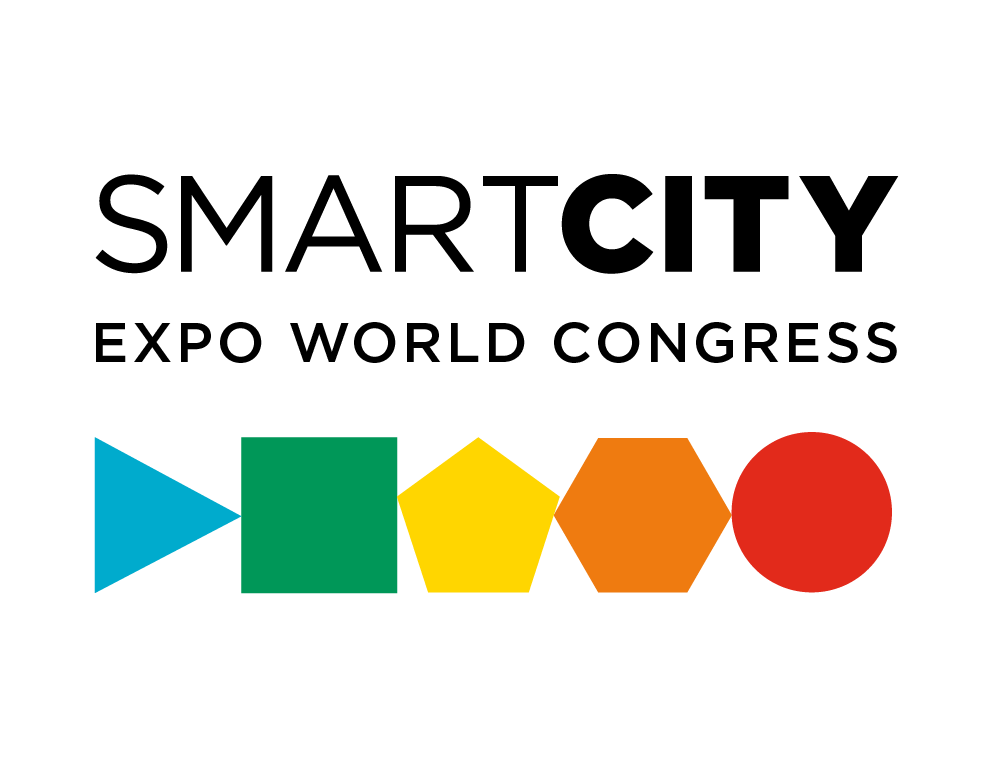Antoni Gaudí – The Gaudí Year 2026
Editors:
Ubaldo Cuesta Cambra, Complutense University of Madrid
María Antón Barco, CEU San Pablo University
Alfred Sonnenfeld, International University of La Rioja
Abstract:
The Gaudí Year 2026 marks the centenary of the death of Antoni Gaudí (1852–1926), an architect whose work has transcended his own time to become a universal symbol of creativity, spirituality, and urban experimentation. Recognised by UNESCO as World Heritage in several of his masterpieces—such as Park Güell, Casa Batlló, Casa Milà (La Pedrera), and the Crypt of Colònia Güell—Gaudí transformed Barcelona’s urban landscape into a living artistic ecosystem, where architecture, nature, and symbolism merge into a narrative that continues to inspire contemporary artists, urban planners, and creators.













